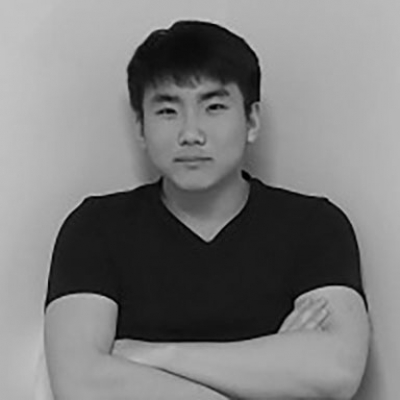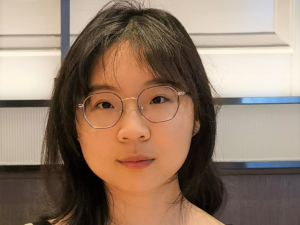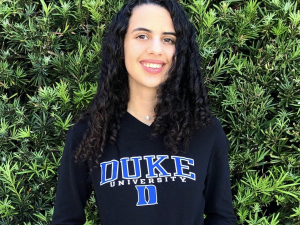Senior Nathan Liang Receives 2020-2021 Jerome S. Bruner Award for Excellence in Undergraduate Research

The Duke University Department of Psychology and Neuroscience is pleased to announce that senior Nathan Liang (Psychology major, Philosophy minor) is the recipient of the 2020-2021 Jerome S. Bruner Award for Excellence in Undergraduate Research.
Liang’s research focuses on moral psychology. He is interested in, “understanding how we think about actions and beliefs as right and wrong especially in relation to deep-seated religious and political beliefs.”
Liang utilized our Undergraduate Research Grants, made possible by the Charles Lafitte Foundation, to fund his senior-year research project. Liang is currently working with a postdoc on an experimental philosophy study analyzing people’s perceptions of natural as opposed to moral evils. “For our study on the experience of evil, we used an online survey to index Christian-identifying participants’ views of suffering and asked them to read vignettes in which a baby dies from an autoimmune disorder and a woman is shot to death. In response to the vignettes, we asked them to indicate how much they felt God was responsible for the deaths as well as whether the deaths felt like gratuitous instances of evil,” Liang said.
When asked about what sparked his interest in researching moral psychology, Liang shared: “Questions about blame, punishment, and moral emotions have always stuck with me I think partly because of my Protestant religious upbringing, but I think the most significant contributing factor is just this powerfully motivating intrinsic desire to understand at a fundamental level why and what it means for people to think about and behave toward others in compassionate and positive or hurtful and unhealthy ways. I’m hoping that, in time, I can make meaningful contributions to the field with the potential to catalyze real-world impacts in social policy.”
Liang is looking forward to applying to doctoral programs in social cognition within the next couple of years, with hopes to pursue a career in academia thereafter. Liang said, “I’ve used behavioral methods in cognitive and social psychology for all my work so far, but I’m definitely interested in learning and applying approaches in computational modeling and neuroimaging in the interim."




